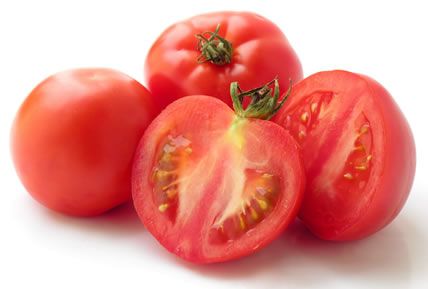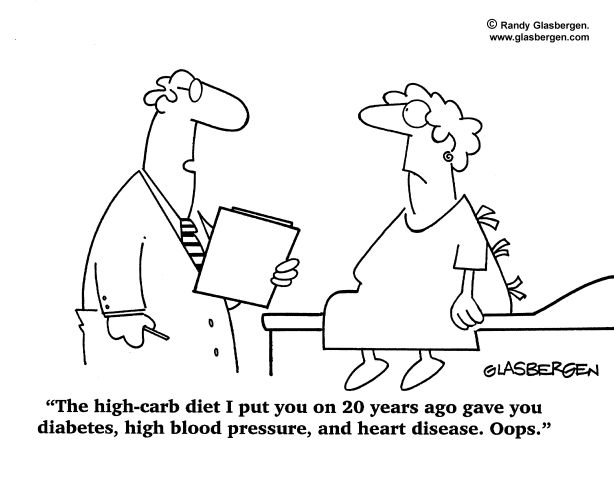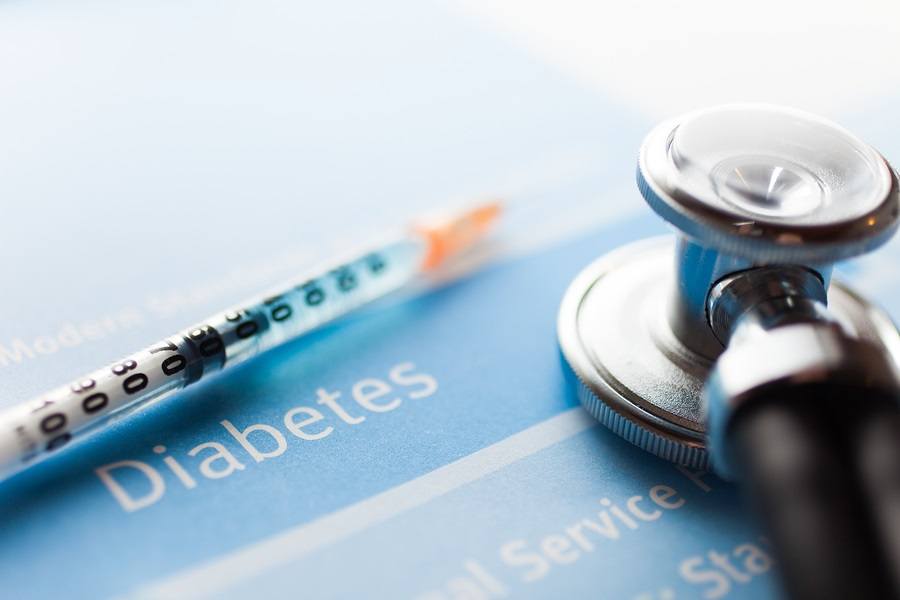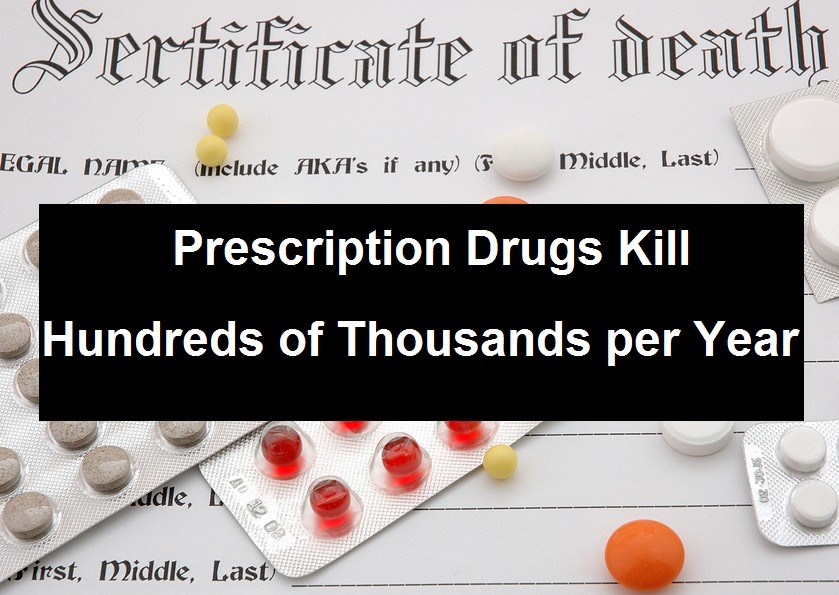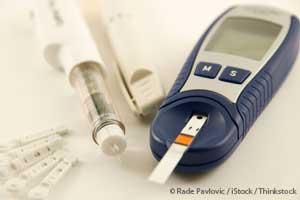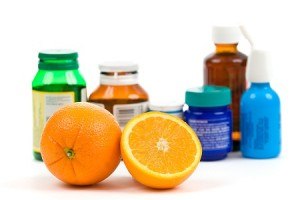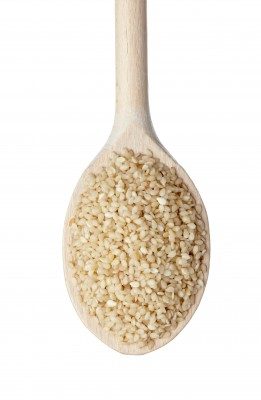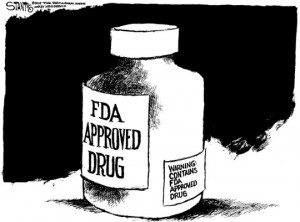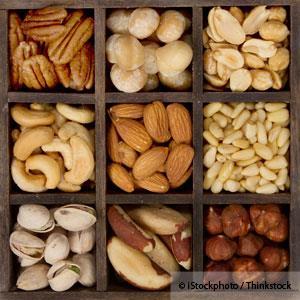In the United States, nearly 80 million people, or one in four has some form of diabetes or pre-diabetes. What's worse, both type 1 and type 2 diabetes among children and teens has also skyrocketed. The most recent data, reveals that, between 2001 and 2009, incidence of type 1 diabetes among children under the age of 19 rose by 21 percent. Incidence of type 2 diabetes among children aged 10-19 rose by 30 percent during that same timeframe!
Statistics such as these point to two very important facts. First, it tells us that diabetes cannot be primarily caused by genetics, and secondly, it literally screams that something we're doing, consistently and en masse, is horribly wrong, and we need to address it. A study published in the June 30, 2014 issue of JAMA Internal Medicine concluded that insulin therapy in type 2 diabetic patients may indeed do more harm than good.





